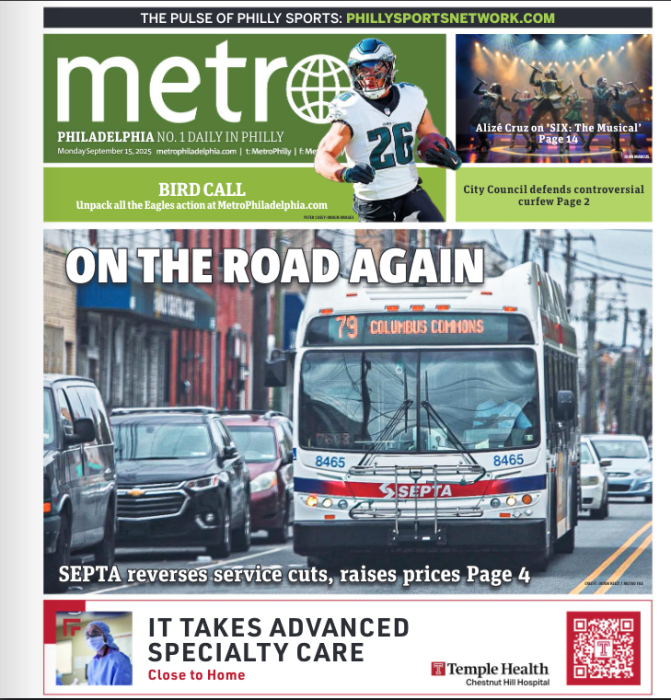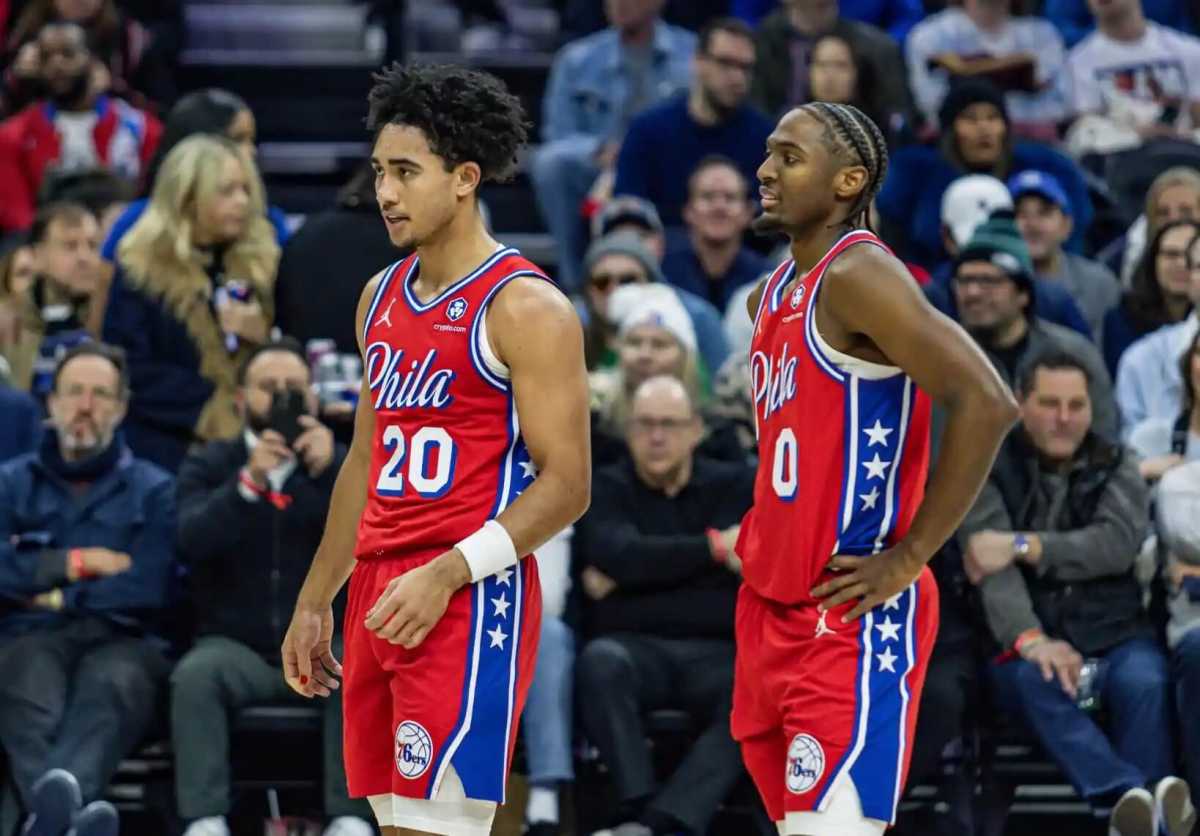In Philadelphia in 2018, where the epidemic of opioid addiction and related overdoses have spiked in recent years to claim thousands of lives, new medical advances may be bringing doctors closer to finding drugs that can break the hold of what many describe as one the most powerful chemical addictions known to man.
One new treatment, Sublocade, a once-a-month, extended-release injectable bupenorphine-based treatment, is not yet being offered widely and was just approved by the FDA in November 2017. But Dr. David Clements, founder of Southeastern Executive Health in Rittenhouse Square, said it has shown higher success rates than other treatments out there.
“I think we are at the turning point of this epidemic with these medications,” said Dr. Clements, who got hands-on experience treating patients with Sublocade as a an Addiction Psychiatry Fellow at UPenn’s School of Medicine. “This is really cutting-edge stuff.”
With abstinence-based treatment often failing in the face of powerful opioid withdrawal symptoms, most patients undergo medication-assisted treatment, taking medicine to suppress or satisfy drug cravings. Daily doses of Suboxone (bupenorphine and naloxone) have gotten some 40 to 60 percent of patients to stay sober. Vivitrol, an extended-release injectable form of naltrexone, was found to be as effective as Suboxone, with about half of patients still sober six months later, by a National Institute on Drug Abuse (NIDA) study. Some 55 percent of Vivitrol patients reported a decrease in opioid cravings, studies show. But Sublocade (extended-release bupenorphine, which saturates the brain’s opioid receptors for opioids, relieves cravings and blocks symptoms of withdrawal) may work even better, Dr. Clements said.
“My belief is sobriety numbers are going to get higher, much higher, up to 70 and 80 percent,” he said.
Daily medications for addiction have been heavily criticized by some addiction specialists. They say addicts might forget to take it, use the meds just to get through withdrawal, or hoard it and sell it. But Sublocade, like Vivitrol, is an extended-released medication taken once a month. Patients visit a medical office to get their monthly shot, which dissolves into the bloodstream over 30 days.
“You can trade Suboxone for cigarettes or a car ride, or sell them for cash and use the cash to buy something else,” Dr. Clements said. “With Sublocade, you’re keeping someone psychosocially safe for an entire month, because you’re not giving them a tool they can use inappropriately. Patients who use it say it’s a huge difference in not waking up and having a craving, needing to use another medicine, thinking ‘I’ve got to get my Suboxone.'”
Dr. Ken Dickinson, marketing director at Gaudenzia, Pa.’s largest nonprofit addiction treatment and recovery services provider, said time-released monthly meds like Sublocade and Vivitrol do address the issues daily medications to maintain sobriety.
“It’s only natural, people forget, they’re not compliant. The big advantage with this is they’re going to be compliant, they’re not going to have breakthrough cravings and it’s not going to be used on the street,” Dickinson said. “This injectable can be vey successful if it’s combined with counseling and therapy.”
Dr. David O’Gurek, a family medicine professor at Temple University’s Lewis Katz School of Medicine agreed that time-released meds address “concerns about possible diversion.” But he noted that any medication must be administered as part of “a comprehensive approach that includes behavioral health counseling” to address the “social factors” that prevent patients from achieving recovery
“There is no miracle injection out there that’s just ‘Oh my gosh, put everyone on this because this is going to fix it,’” O’Gurek said. “A miracle cure is let us prescribe housing, let us prescribe food, let us prescribe transportation.”
He also noted that generic versions of Suboxone sublingual films were recently approved by the FDA after the patents, held by UK-based pharmaceutical company Invidior, which also created Sublocade, expired.
“They look for newer, better, more opportune ways to market a medicine, and it may be the same type of medicine just delivered in an alternative mechanism,” he said. “This certainly address some of the concerns around bupenorphine out on the street, but it’s also a mechanism to provide another drug that now is under patent for so many years and you can charge an exorbitant amount of money for. There is obviously some money in the game here.”
But Dr. Clements, who said he has no financial ties to Invidior and has not received gifts from them, provided medical research documenting consistent, long-term success rates staying sober for patients using Sublocade.
“My goal is to get more people using this treatment. Hopefully, if someone reads this and says, ‘I end up selling my Suboxone, but it really does work for me when I take it’ – you’re a perfect candidate,” Dr. Clements said.
Dr. Clements agreed no medication is perfect, and all require complementary psychological and social planning to break the hold of addiction. But he asserted that medical advances will make recovery more and more possible for opioid addicts.
“My passion is really being on the ground for this epidemic to turn it the other way. If that takes me walking up Kensington Avenue to do it, this is why I went to medical school and I will,” Dr. Clements said. “Even Anthony Bourdain was in a methadone clinic for some time in his youth. These people are worth saving. Everybody’s life is worth saving.”
Learn more about Southeastern Executive Health, Dr. Clements’ private psychiatry practice, at myexecutivehealth.com.

























